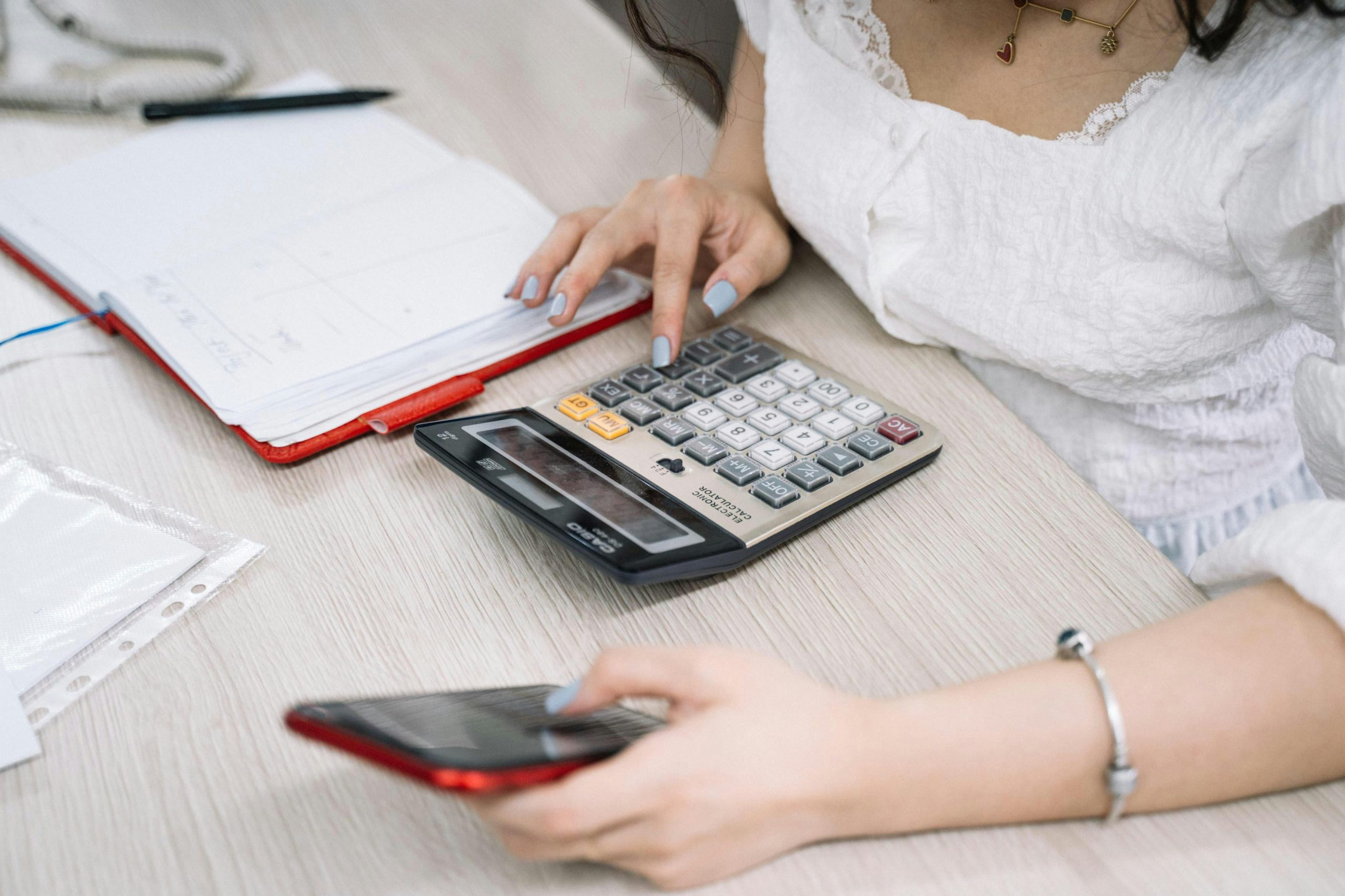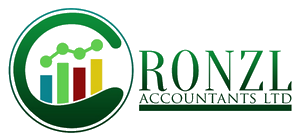Registering your business with HMRC for Self-Assessment is a vital step if you’re earning income that falls outside the scope of PAYE (Pay As You Earn). Whether you are self-employed, a sole trader, or need to pay tax due to a high-income tax charge, the process is straightforward yet crucial to avoid any penalties. This guide will help you understand the process and provide practical tips for registering your business under the Self-Assessment tax regime in the UK.
Why You Need to Register for Self-Assessment
If you earn more than £50,000 a year, you may be required to pay the High-Income Child Benefit Tax Charge or have other income streams not taxed under PAYE. While HMRC used to send automatic letters to remind eligible individuals, many people today are unaware they need to register. Unfortunately, ignorance of tax obligations is not considered a valid excuse, and failing to comply could result in penalties.
The self-assessment regime ensures you declare your income, calculate your tax, and make any necessary payments. You’ll need to register for Self-Assessment to fulfill these requirements.
When Should You Register?
To avoid penalties, it’s essential to register for Self-Assessment with HMRC by the 5th of October following the tax year in which you started your business or became liable for self-assessment. For example, if you began your business in April 2023, you must register by October 5, 2024.
How to Register for Self-Assessment Online
The most convenient way to register for Self-Assessment is through HMRC’s online portal. By visiting HMRC’s Self-Assessment Registration Page, you can quickly set up your government gateway account and complete your registration.

Here’s the step-by-step process:
- Create a Government Gateway Account: You’ll need to set up a government gateway account if you don’t already have one. This account allows you to access various HMRC services.
- Provide Necessary Information: During the registration process, you’ll need to supply the following:
- National Insurance number
- Full name
- Date of birth
- Date you moved into your current address
- Email address
- Phone number
- A payslip from the last 3 months or your P60
- British passport details
What Happens After You Register?
Once you’ve completed the registration process, HMRC will issue you a Unique Taxpayer Reference (UTR) number. This number is essential for submitting your Self-Assessment tax returns, and you will need it every time you file your returns.
What Is a UTR Number?
Your UTR number is a 10-digit code that uniquely identifies you with HMRC. If you have registered for Self-Assessment before, you should already have a UTR number. However, if this is your first time registering, HMRC will send you a letter within a few weeks confirming your registration and providing your UTR.

Haven’t Received Your UTR Number?
HMRC typically takes about six weeks to send you a confirmation letter with your UTR number. If you don’t receive this letter within that timeframe, it’s essential to contact HMRC to follow up. Failing to have your UTR number can delay the filing of your tax returns and, potentially, lead to penalties.
Keeping Your UTR Number Safe
It’s crucial to keep your UTR number secure. You will need it every time you file a tax return, and misplacing it can lead to delays. Store your confirmation letter in a safe place, and make a note of your UTR number where it can be easily retrieved when necessary.
Penalties for Not Registering for Self-Assessment
If you fail to register for Self-Assessment on time, you may incur penalties. The penalties can range from a flat fee to additional fines based on the length of the delay. Furthermore, the longer you wait, the more severe the penalties can become, so it’s important to register promptly and stay compliant.
Final Thoughts
Registering for Self-Assessment with HMRC is a vital responsibility for anyone earning income outside the PAYE system. Whether you are self-employed, a sole trader, or earn more than £50,000 a year, ensuring that you register on time will save you from unnecessary penalties and hassle down the line.
Once registered, make sure to file your tax returns annually and stay up to date with any changes in tax regulations. If you’re unsure or need help managing your tax obligations, contact Ronzl Accountants for professional assistance. Our team can help guide you through the process, ensuring you remain compliant and avoid any costly mistakes.
By following this guide and registering with HMRC for Self-Assessment, you’re taking a critical step toward managing your business finances effectively.
